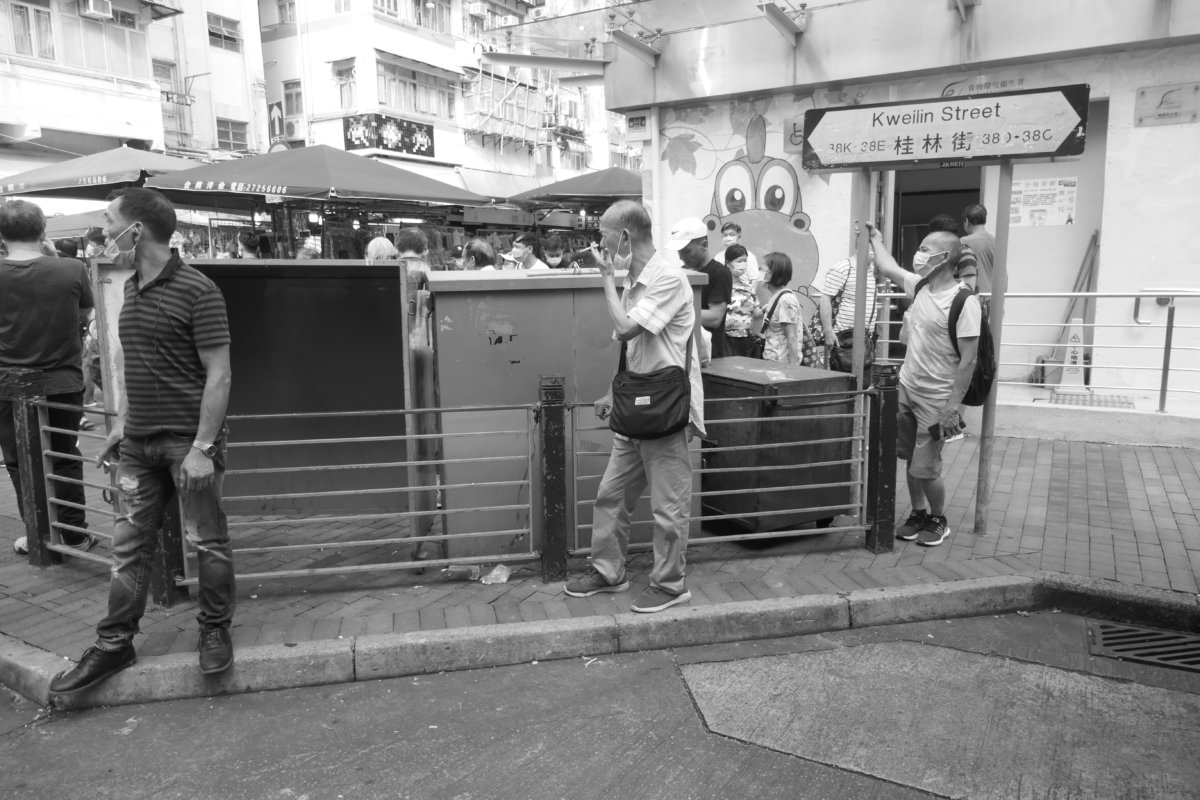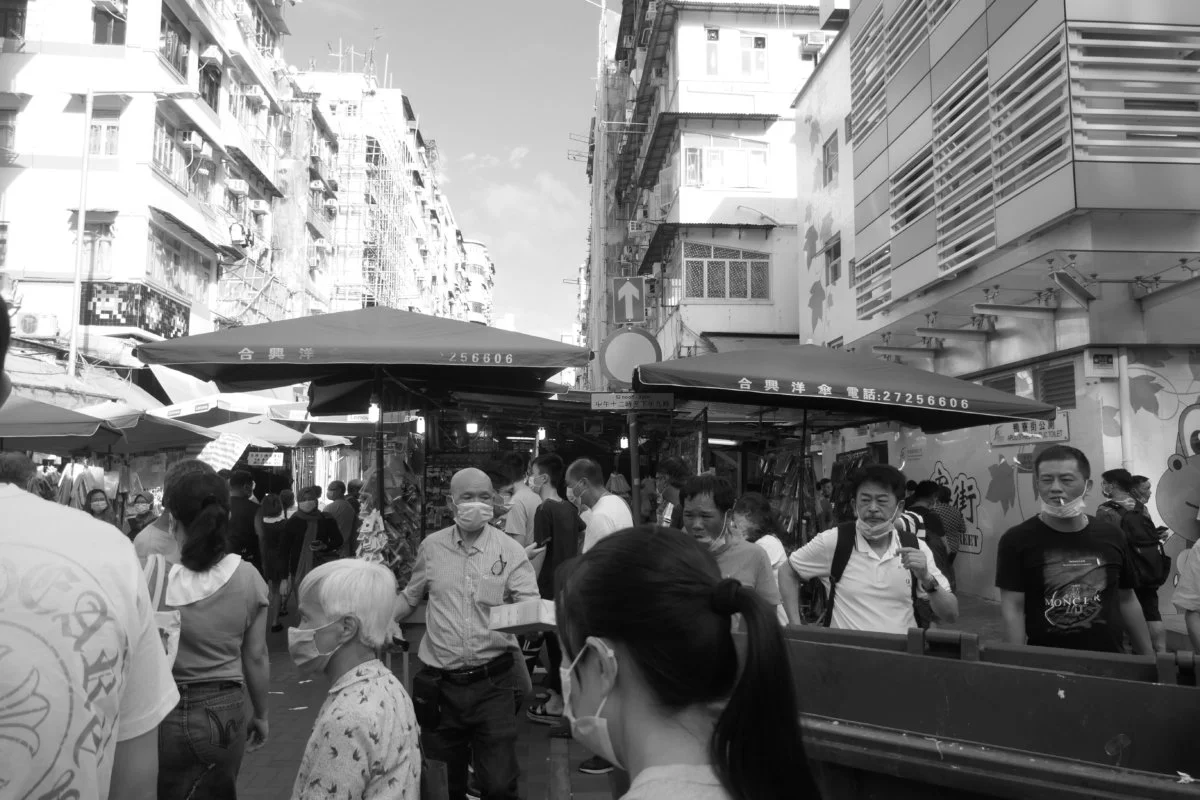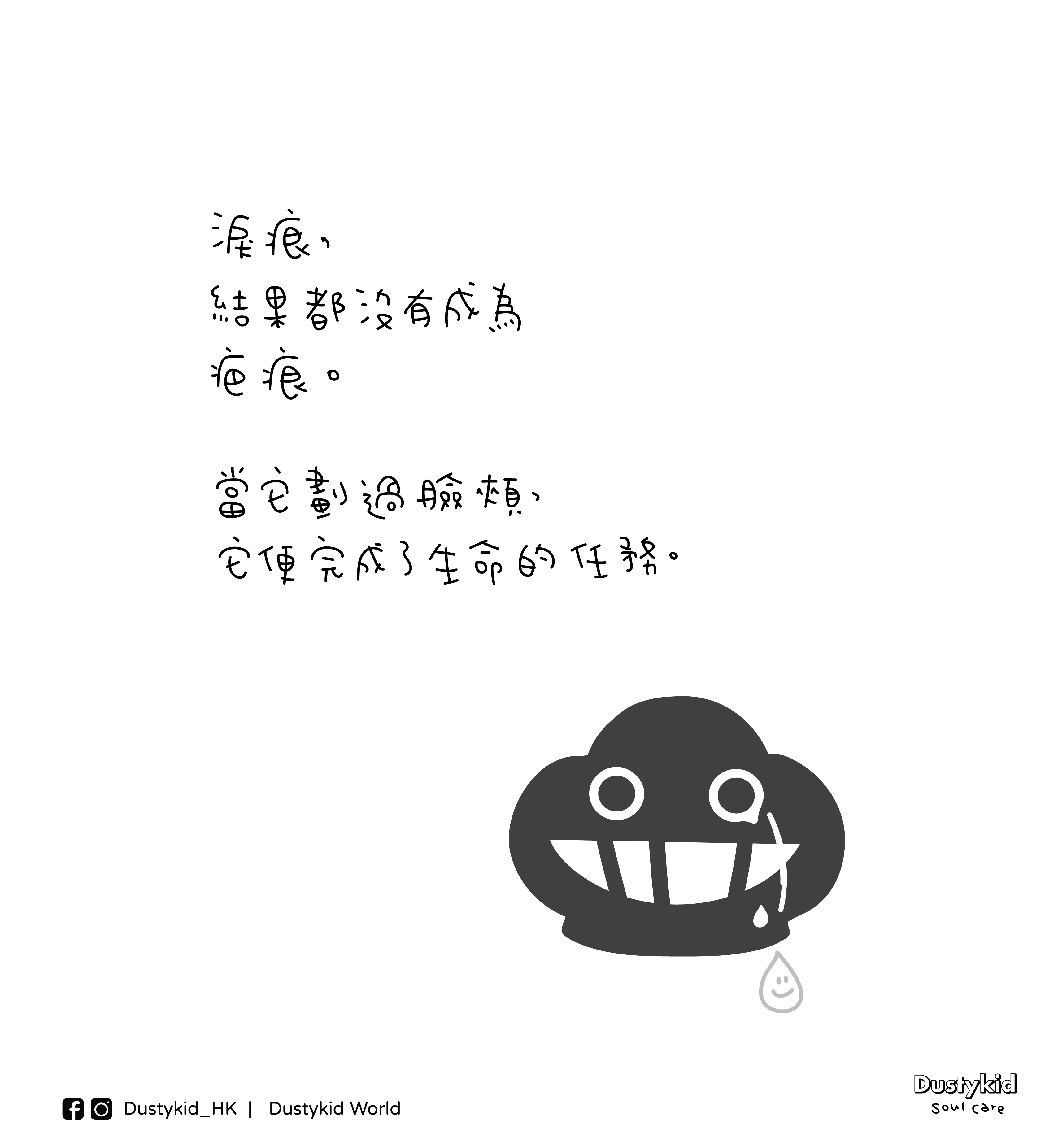I liked the slogan ‘Let Hong Kong Be Hong Kong’ the first time I saw it scrawled on a wall last year. It was simple and to the point. Those six words captured almost everything that the street protests, ranging from peaceful demonstrations to violent outbursts, demanded. Those words should be mass-produced, framed, and hung throughout Hong Kong. Both sides of Hong Kong’s divided political fence could equally refer to the words’ sentiment, as across the board it captures every subjective impression, real and imagined, about Hong Kong. In those words there is a universal understanding of what Hong Kong is and has been, particularly the ambience as a place of many freedoms: including as a home and refuge for those that intentionally left the mainland in times of social and political upheaval and/or for personal betterment; the rule of law; for business opportunities, entrepreneurship, innovation, government non-intervention; and worldwide cultural leadership, especially in journalism, film-making, Cantopop and television entertainment.

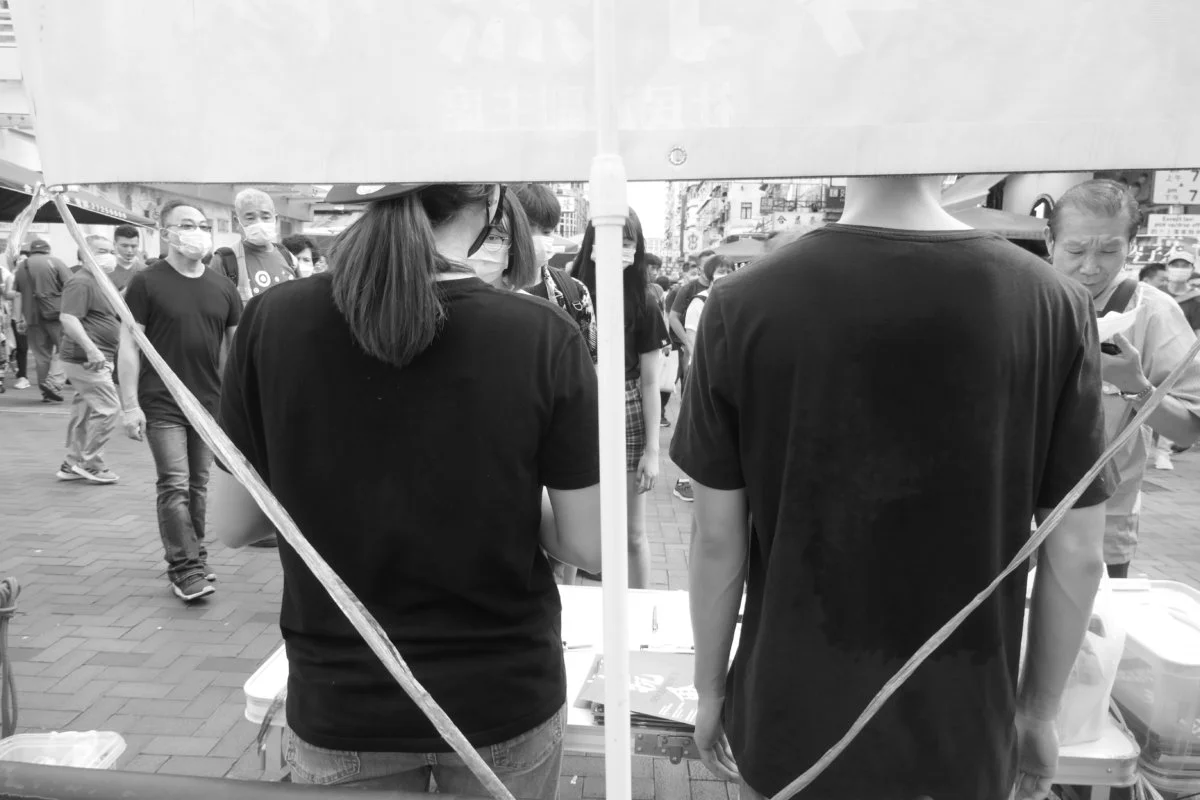
However, if it did become a well-used slogan, it would only encompass an aspect of the truth. It would inevitably only acknowledge the good in Hong Kong: ‘Let Hong Kong Be Hong Kong’ would not envision people who willingly choose to live in cage-homes or in stifling hot, often bug-infested subdivided flats. Rather, such a slogan is similar to “middle-America” television sit-coms, that have spurred countless copy-cat versions throughout Asia, where skies are always metaphorically blue, everyone drives new cars and the family is invariably beautiful.
Nevertheless, ‘Let Hong Kong Be Hong Kong’ is the perfect summation of what any anti-government protester wants right now. Is it possible, though? Can we roll back the last twelve months of social divisiveness and ignore the introduction of the National Security Law? Probably not.
But, despite Hong Kong’s current political reality (complicated by increasing Cold War rhetoric between China and the US), ‘Let Hong Kong Be Hong Kong’ would be the sort of political message adopted by a political bloc in an election campaign. The slogan implies criticism of current government policies, and presses a strong optimism for and augers a pro-active strategy to ensure that Hong Kong continues to prosper, indeed, it harks back to Hong Kong’s recent past, and especially its post-war economic dynamism as one of Asia’s tiger economies. It is a slogan that could be adopted by pan-democrats in the coming Legislative Council election. However, the recent democrat primaries indicate that the camp will have a range of candidates under the democrat banner. Some will have scant political or legislative experience. Some will have little exposure to political strategizing, including sustained negotiation and compromise with the government. Albeit, that the government must also be willing to engage in negotiation and compromise. Furthermore, the democrats have an uneven history of working together: radicals and moderates have tended to come together for one-off issues or scandals, but rarely worked effectively in promoting policies and adopting a cogent strategy of improvement for Hong Kong. It is more usual for individual politicians, such as Chu Hoi-dick on land policy and housing reform, who have led the charge to scrutinize government policies and decisions and offer alternatives.
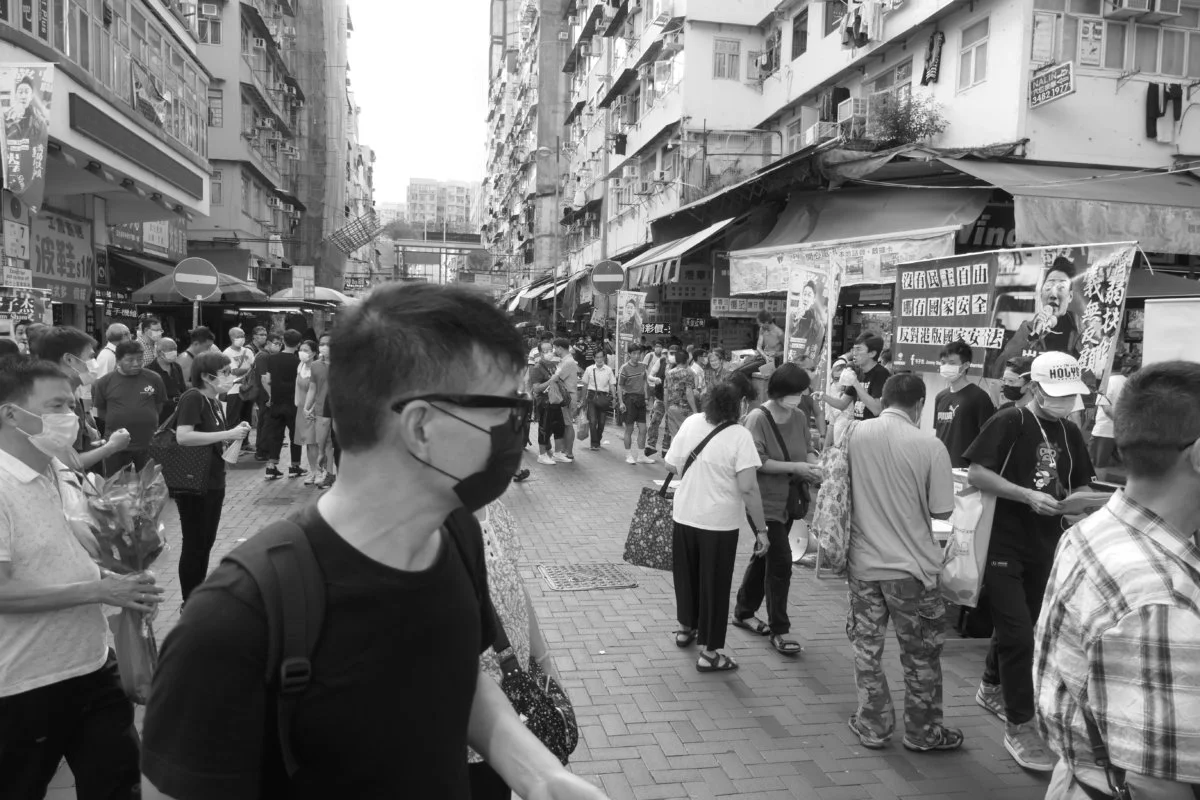
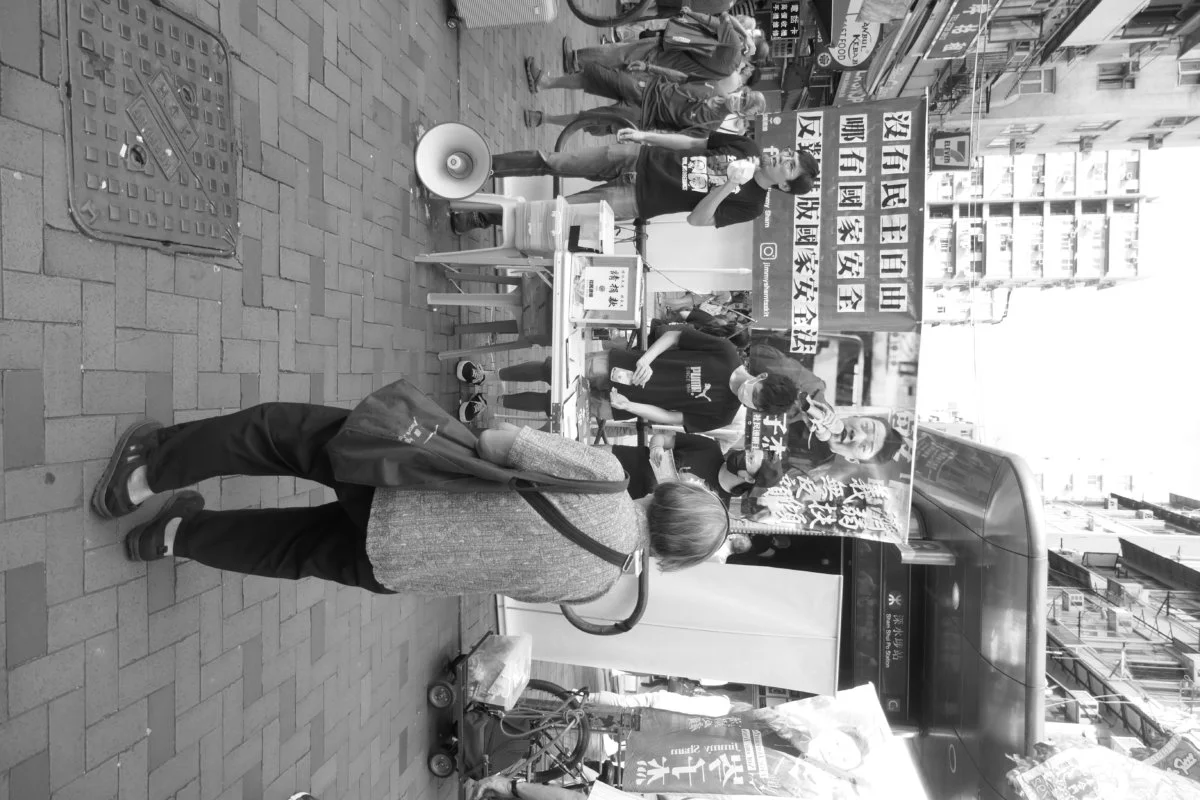
The pan-democrats have too-often taken broad-brush opposing positions to government policies and decisions, rather than tackling those same decisions by offering alternatives through the hard work of research and spreading new ideas. All democracies have a combative political environment inside the legislature, complemented by vigorous community debate and representations to all levels of government and decision-making bodies on current issues and longer-term policy initiatives. Hong Kong has only the semblance of that structure. Our legislature is skewed from being a true representative of the people by the gerrymander of the Functional Constituencies and too many of Hong Kong’s statutory bodies and advisory committees are stacked with pro-government or establishment people. Hardly is the voice of the grass-roots and ‘small potatoes’ heard in government decision-making. The system is dysfunctional and is the root cause of Hong Kong anti-government protests.
There is speculation that the administration will cancel or postpone the coming Legislative Council election. If it does, it will reopen public anger and renewed international condemnation. It is a no-brainer choice: if we can continue to travel on crowded MTR trains or buses with current Covid-19 restrictions, then we can have an election.
Who knows what the rest of 2020 holds for Hong Kong. However, if there is to be future social reconciliation, the basics of politics require that the government and pan-democrats talk, negotiate, compromise. Then, again to talk, negotiate, compromise. And again, again. Only then will the ‘small potatoes’ benefit, rather than continuing to hear strident rhetoric and bearing the consequences of incompetence.
